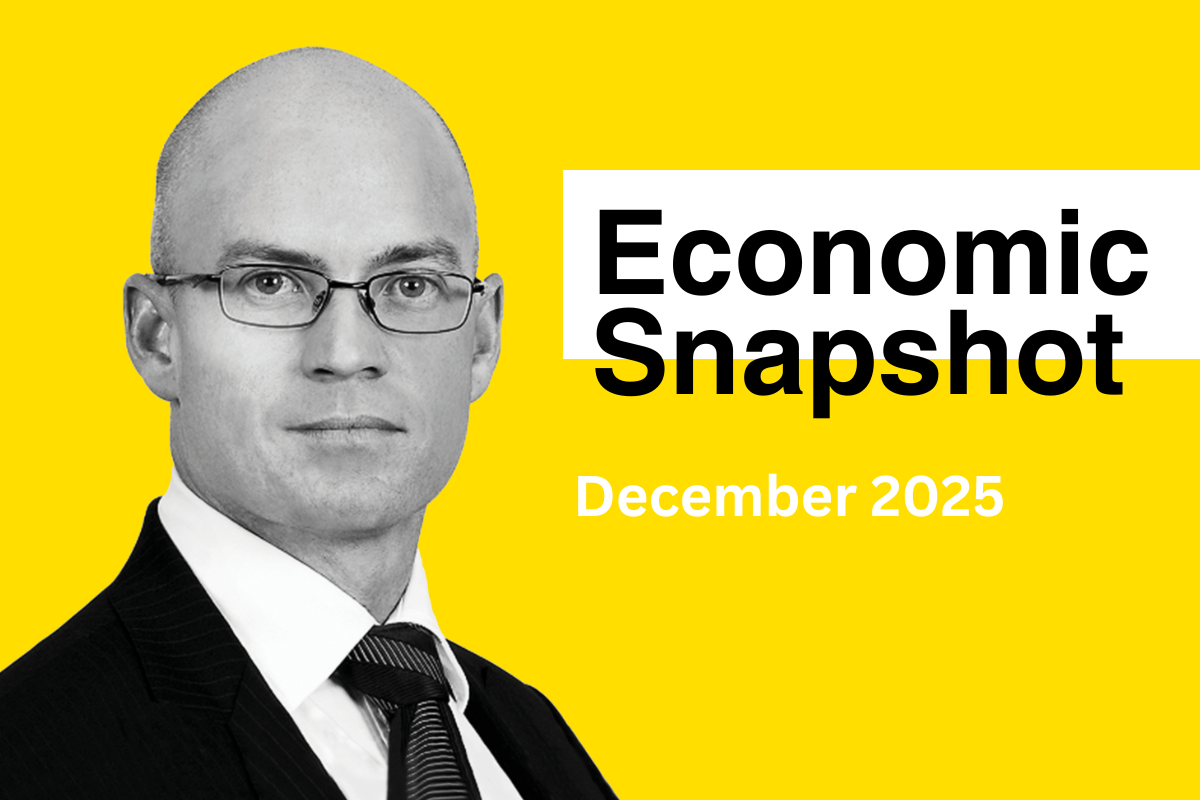10 Smart Money Advice Moves to Stay on Top of Your Finances

Managing your money well isn’t just about cutting back on coffee or splurging on investment trends, it’s about making thoughtful financial choices that set you up for long-term stability. Whether you’re saving for something big, tackling debt, or just trying to feel more in control, these ten money advice tips can help you build good habits and make your dollars go further.
1. Set Up a Budget That Works for You
A budget doesn’t mean restricting every dollar – it’s about giving yourself a clear picture of where your money is going. Track your income, prioritise essential expenses, and set realistic limits on discretionary spending. The best budget is one you can actually stick to.
2. Build an Emergency Fund
Life happens! Cars break down, appliances give up, and unexpected bills pop up. Having an emergency fund with three to six months’ worth of expenses gives you a financial cushion so you don’t have to rely on credit cards when things go sideways.
3. Cut Down on Unnecessary Debt
Debt can be a financial trap if not managed wisely. Start by paying off high-interest debt first (like credit cards), and then work on reducing other loans. If possible, look for better repayment options, such as refinancing or consolidating loans to lower interest rates.
4. Live Below Your Means
Spending less than you earn is the golden rule of financial health. Avoid the temptation to upgrade your lifestyle every time your income increases – prioritise saving and investing instead of unnecessary purchases.
5. Automate Savings and Investments
Make saving effortless by setting up automatic transfers to your savings and investment accounts. This way, you’re consistently putting money aside without even thinking about it.
6. Start Investing Early
Let your money grow by investing in things like shares, index funds, or even property. The earlier you start, the more you can take advantage of compounding returns. Investing isn’t just for the wealthy, it’s one of the best ways to build wealth over time.
7. Regularly Review Your Financial Plan
Your financial needs and goals will change as life evolves. Check in on your budget, savings, and investments regularly to make sure they align with your current priorities and long-term objectives.
8. Plan for Retirement Sooner Rather Than Later
Superannuation might seem like a distant concern, but the earlier you contribute, the better off you’ll be. Take advantage of employer contributions and consider adding extra if you can – it all adds up in the long run.
9. Protect Yourself with Insurance
No one likes to think about worst-case scenarios, but having the right insurance (such as health, income protection, and life insurance) can prevent financial disasters if something unexpected happens.
10. Keep Learning About Money
The more you know, the better choices you can make. Read books, listen to podcasts, follow credible finance experts, and keep educating yourself on money matters – it’s one of the best investments you can make.
Final Thoughts
Make small, consistent choices that add up over time. Pick a few of these ideas to implement and build from there. The more proactive you are, the more financial security and peace of mind you’ll gain.
Any advice is general in nature only and has been prepared without considering your needs, objectives or financial situation. Before acting on it, you should consider its appropriateness for you, having regard to those factors. Before making any decision about whether to acquire a financial product, you should obtain the Product Disclosure Statement.
Latest News Articles
Back to Latest News
What a Financial Plan Actually Looks Like

Realistic Budgeting Tips for Australians in 2026


